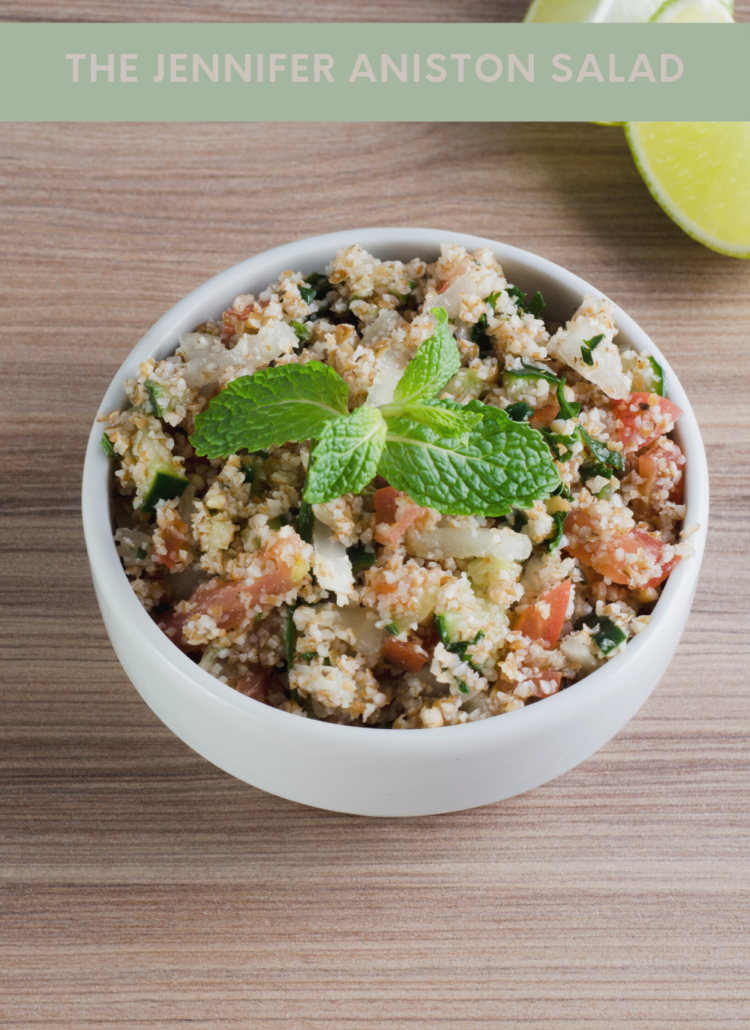
We are about to step into cold and flu season here in the northern hemisphere and I have just spent the last week being taken down by a nasty cold. It’s not often I am ill, but it can happen to the best of us.
If you have been feeling like you are more stressed than normal, this can have a huge impact on suppressing the immune and I feel like most of us have experienced heightened levels of stress this last couple of years.
Believe me, you get some very judgmental looks thrown your way when coughing in public these days, as it now seems it’s very socially unacceptable to have a cough.
So here I’m sharing some of the top health hacks to help you keep your immune system topped up and prevent you from being taken down as often this cold and flu season.
Sleep & Rest
This baby is going right at the top!!! If you don’t get enough sleep you could be compromising your immune system. Sleep is the time when your body regenerates and repairs. It’s also during sleep that your body produces proteins called cytokines. These Cytokines need to increase when you have an infection or inflammation, or when you’re under stress. So if you aren’t sleeping enough your body can’t produce enough of them to fight off infections.
If you are feeling under the weather make sleep your first priority and aim to get 6–8 hours on a regular basis.
Protein
So we know that protein is essential for building a strong healthy body, but it also plays an important role in supporting your immune system as it helps to provide power to your T-cells which then produce cytokines. When infection hits, your body needs to produce T-cells to go and fight off the infection.
Aim to get a portion of protein the size of your palm with each meal to make sure your body is getting enough of this essential nutrient.
Micronutrients
Whilst when it comes to the body we often talk a lot about the macronutrients of fat, protein and carbohydrates. Yet it’s really the little guys, the micronutrients that support many bodily functions and that are essential to a healthy immune system. A strong immune system needs a complexity of micronutrients of A, D, C, E, B6, and B12, folate, zinc, iron, copper, and selenium. Vitamins C, D and Zinc have the highest links to immune support.
The top recommendation is to make sure you are eating plenty of vegetables and so getting a good range of micronutrients from an abundance of different foods and aim to have a good balance of whole foods.
If you are the type of person that seems to be always getting sick all of the time, upping your micronutrients could be a great place to get started, though you should always consider speaking with a registered dietitian if it is something that you are concerned about and maybe consider getting tested for deficiencies.
Though not essential, you can certainly get most of your bodies needs for many micronutrients from your food, but it is a good idea, especially in the winter months when we don’t get as much access to direct sunlight you may consider using a good vitamin D supplement. The recommendation is to get 2500–4000 IU a day.
Stay Hydrated
This is always in every health tip that I share because hydration really does help to fix a lot of things and most people could do with upping their intake.
Water is the flow of life. Think of a stinky stagnant swamp, a place where it’s a breeding ground for mould and bacteria. Versus a river when the water runs through, clearing things in its path, the water looks energised, clear and flows freely. That’s what we want for within the body too.
Flush out any unwanted infections by keeping your body hydrated, getting in your daily water intake.
Gut Health
Gut health lays the foundations for a healthy immune system. Not only does a healthy gut ensure that all of the essential vitamins, minerals and nutrients are actually getting broken down and absorbed into the body. But having good bacteria within the gut allows the body to more effectively fight pathogens when they enter the system and get the body back to homeostasis as quickly as possible.
Eat gut supporting foods such as fibrous fruits and vegetables. Add in gut-friendly foods such as Cinnamon, garlic, ginger, onion, oregano, rosemary, coconut oil, aloe vera, apple cider vinegar, turmeric, propolis.
You could also consider adding fermented foods to your diet or taking a good quality probiotic supplement.
Whilst the immune system is incredibly complex and has many factors that can affect it, these are really simple steps that most people can take without too much extra effort and really are the basis of developing good all-around health and not just in winter.




Leave a Reply